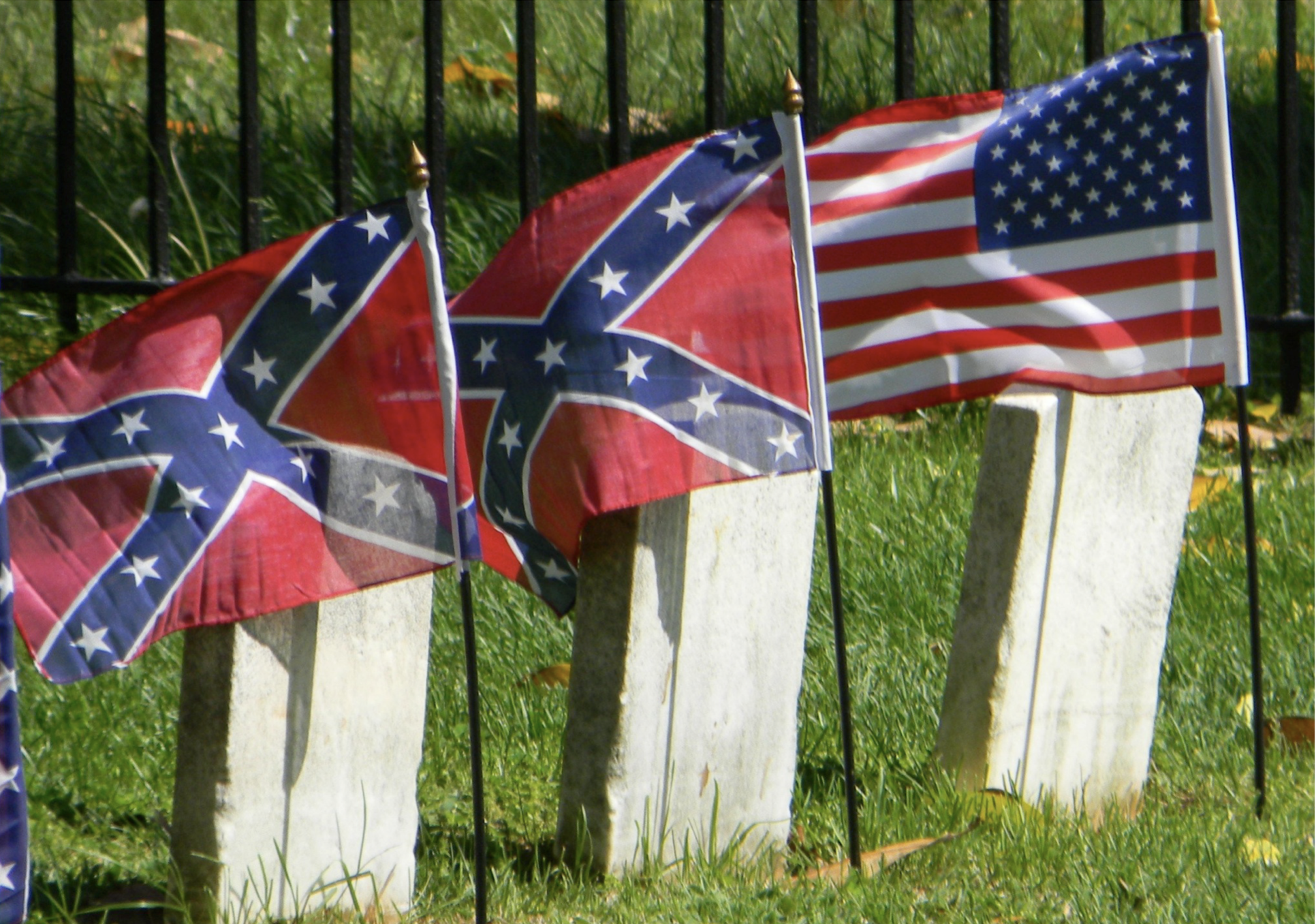The future may be hard to find, but the past is always out there if you bother to look for it. Faulkner exaggerated only slightly when he said, "The past is never dead. It's not even past.” All it takes is four wheels and a Rand McNally Road Atlas.
My roots are in New York and New England. But to recapture key portions of the past, both personal and national – and I try not to confuse the two – I head south. First to my alma mater, a leafy college in Pennsylvania, where I often stop to visit old friends; and from there to the battlefields of Gettysburg and Antietam, and on across the Potomac, pursuing the phantom of Lee’s retreating army into Virginia and other parklands of our national conscience.
I go down there because I owe it to the dead; because history, our selective, imperfect, subjective, and infinitesimal reconstruction of the past, is a form of citizenship.
My favorite place on this pilgrimage route is Appomattox, where it all ended. Where peace is celebrated, and America’s graduation from slavery; where the tact and care of the National Park Service in preserving the site makes the most hard-boiled patriot proud. Even the license plates in the parking lot tell a national story.
A graveyard at Appomattox. Photo by Jeffrey Scheuer.
On some of my Civil War trips I pass the college without stopping; but even then, I feel the gravitational pull of the place. Like a mental battlefield, it evokes a queasy beauty: a combination of bucolic splendor, past glory, and remembered pain as I drifted toward adulthood over four momentous and sometimes turbulent years. But I wouldn’t trade it for anything, let alone four years in the Union Army.
Like my fascination with the Civil War, the fraught allegiance to a school and its ghosts is a complex business. I arrived in Pennsylvania in the fall, having just shed forty pounds that summer; and I promptly shed my high school label of “classic underachiever.” I proceeded to overachieve, form deep personal friendships, and get very depressed for the first time. I now look back fondly on those years; but the visits to my institutional ex are somewhat bittersweet affairs, like seeing an old flame and missing the nights more than the days.
I miss my friends too, of course. But I also left behind the first love of my life. Our connection was brief, warm, Platonic, unrequited, and left me rudderless for several years. My heart remained an underachiever.
Home is where we start from, as the psychologist D.W. Winnicott noted. We spend our lives looking for places to sink new roots, with new people, and on the roads between them. Our later homes are all, in a sense, makeshift inventions. In fact, there’s no going home, because home is in the past.
I harbor no longing for my childhood home or for the New York of my youth, when the city was dirty, bankrupt, and dangerous. I feel more connected to an imagined New York before my time: the forested Manhattan of Algonquin days; my Greenwich Village neighborhood in the Bohemian 1920’s, and again in the late 1940’s; ancestral Brooklyn when it still had the Dodgers.
I’ve found some nice homes along the way (being history-crazed, I prefer to renovate derelicts), and some wonderful companions. But Faulkner was right: there’s no emotional roadmap showing an escape route from the past.
What I should have said to my first amour was: Come on the road with me. We’ll explore the past through each other’s eyes. College can wait; I love you. No doubt she would have demurred, sweetly. (She had a boyfriend, as it turned out). But at least she would have heard the words.
Instead, I’ve hit the road, at times alone, which is not a bad thing, and more recently with my kids and with the love of my later life, which is much better. (Her daughter went to my alma mater). There are no battlefields on our road trips, and not many colleges; but we have each other, and few regrets.
On each southbound journey the seductive pull returns: the springtime allure of the Susquehanna and the Shenandoah when the Eastern redbud trees are in bloom, making the meadows of Gettysburg look pink and feminine and absurdly beautiful; the joys and aches of college; the battlefields’ blue and gray ghosts. The beauty and the horror abide, riptides that drag me over the reefs of time.
Homeward bound, I welcome the harsh banality of the New Jersey Turnpike. The industrial jungle, and the line of planes approaching Newark, signal that I’m about to re-enter a less tempting but more manageable force field, the extreme, but somehow less charged, attractions and repulsions of Manhattan. There’s little sense of homecoming, but a certain relief. I’m beyond the reach of those old battlegrounds, no longer chasing after learning, love, or Lee.

